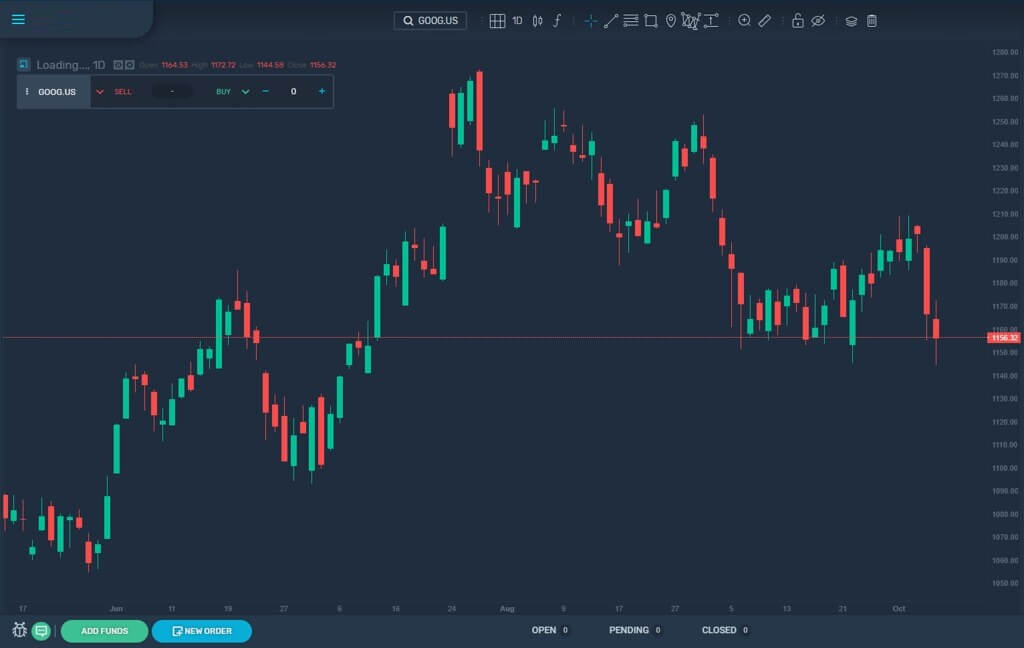
Contracts for Difference (CFDs) are financial derivatives that allow traders to speculate on the price movements of underlying assets without owning them. For beginners looking to venture into CFD trading, here’s a step-by-step guide:
Understanding CFDs
CFDs derive their value from the underlying asset, be it stocks, commodities, indices, or currencies. Traders enter into contracts with brokers to exchange the difference in the asset’s price between the opening and closing trades.
Advantages of CFD Trading for Beginners
Accessibility: CFDs offer access to markets that might be otherwise inaccessible due to high entry costs or regulatory barriers.
Leverage: With CFDs, traders can open positions with a fraction of the total trade value, magnifying potential returns (and losses).
Diverse Trading Opportunities: CFDs cover a wide range of markets, allowing traders to diversify their portfolios easily.
How to Start CFD Trading
Choose a Reliable Broker: Select a reputable broker offering a user-friendly trading platform, competitive spreads, and robust customer support.
Learn the Basics: Educate yourself on how CFDs work, including leverage, margin requirements, and the risks involved.
Develop a Trading Plan: Define your trading goals, risk tolerance, and strategy. Consider using demo accounts to practice before trading with real money.
Risk Management in CFD Trading
Set Stop-Loss Orders: Establishing stop-loss orders helps mitigate potential losses by automatically closing trades at predetermined price levels.
Use Risk Capital: Only trade with money you can afford to lose, considering the high-risk nature of leveraged trading.
Stay Informed: Keep up with market news, economic indicators, and geopolitical events that could impact your trades.
Common Pitfalls to Avoid
Overleveraging: Resist the temptation to use excessive leverage, as it can lead to significant losses.
Ignoring Risk Management: Failing to implement risk management strategies such as stop-loss orders can result in substantial financial losses.
Lack of Education: Ensure you have a solid understanding of CFD trading principles and market dynamics before committing real funds.
In summary, CFD trading can be a lucrative venture for beginners willing to learn and manage risks effectively. By starting small, educating oneself, and developing a disciplined trading approach, beginners can navigate the complexities of CFD trading with confidence and potential success.
Published by